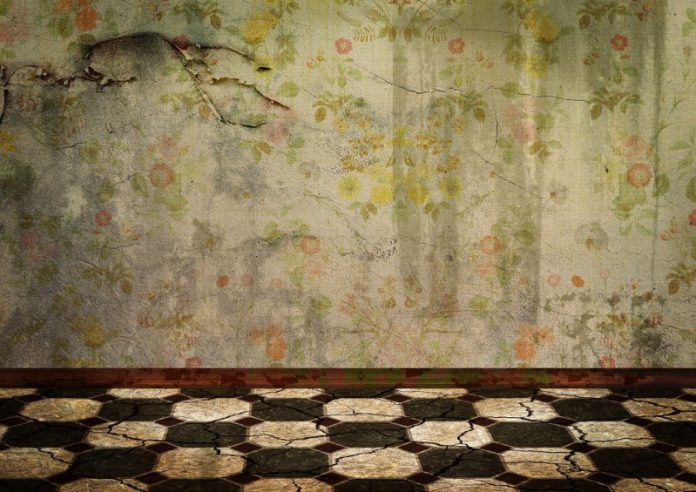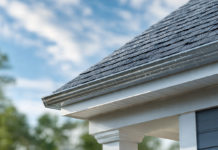Homeowners need to be wary about the presence of mold in their homes. While molds are usually part of the natural environment as they break down organic matter, they should be avoided inside the house. Molds, in general, don’t thrive indoors unless their spores land on a damp spot. Mold spores thrive in wet and humid environments. Thus, if you have areas in your home that have water damage — no matter how extensive — your home becomes susceptible to mold growth.
The spores can trigger allergies and can cause irritations. In some cases, molds will also produce toxic substances called mycotoxins, which can cause sneezing, runny nose, red eyes, and dermatitis. In addition, they can be detrimental to your respiratory health, so it’s essential to ensure that your home is free of molds. Work with a reputable mold removal contractor should you suspect your place to have mold growth. Typically, you’ll notice a moldy smell coming from the affected space, and if it does smell, the problem may already be extensive enough to warrant professional servicing.
Here are some of the health risks associated with molds:
Mild to severe mold allergy
As we have mentioned, molds produce spores that become airborne. For some people who are allergic to such substances, it can lead to repeated bouts of sneezing, wheezing, cough, runny nose, red eyes, and in some cases, skin rashes and irritations. Typically, onsets of these allergic episodes are due to exposure to places with high concentrations of mold. Allergic reactions usually range from mild to severe and, in some cases, may also prove fatal.
Asthma
For some people, exposure to mold spores can trigger shortness of breath, chest constrictions, a runny nose, post-nasal drips, and wheezing coughs. These are among the classic symptoms of an asthma attack. People who have this condition and are exposed to residences with high humidity, poor ventilation, and illumination can experience periodic bouts of inconvenience. However, we must note that while you may be allergic to one type of mold, it doesn’t mean that you’ll be allergic to all other types.
Aspergillosis
For some people inhaling mold spores doesn’t cause them to become sick. However, for others who have a severe health problem known as aspergillosis, it can cause breathing problems, headaches, blood in the sputum, wheezing cough, and rapid weight loss.
Neurological problems
While most people associate mold spores with respiratory problems, there are also some instances wherein mold causes neurological issues. When molds irritate the body’s immune system, it mounts a counterattack to combat the irritants, and it can lead to irritation and inflammation throughout different body parts. Should it affect the brain, it can cause headaches, difficulty breathing, and prolonged fatigue. It can even manifest as insomnia, concentration and focus problems, anxiety, depression, and brain fog.
Continued inhalation of toxic mold spores can cause light sensitivity, weakness and general lethargy, sinus problems, concentration and memory issues, blurred vision, and tremors.
Takeaway
It is essential to prevent the occurrence of molds in the house. Otherwise, your health can be affected in several ways, some of which can be fatal to some people.















